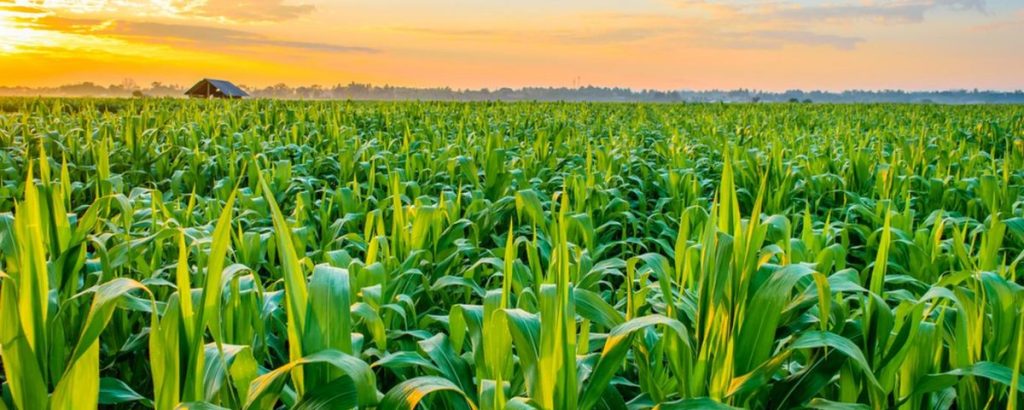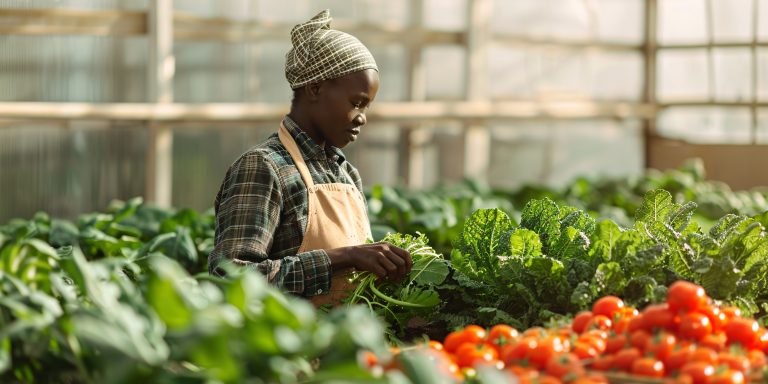Nigeria and Agriculture: A tale of two Giants

According to the Food and Agriculture Organization (FAO), agriculture retains its position as the bedrock of the Nigerian economy. Despite the nation’s seeming dependence on oil, agriculture is the main source of livelihood for most Nigerians. With a population of 200 million people and massive arable lands, Nigeria has the capacity to become the world’s power house for farm productivity.
Nigeria’s agricultural sector comprises crop production, livestock, forestry and fishing. Crop production, according to PriceWaterhouseCoopers research, accounts for 90% of Nigeria’s agricultural output. Meanwhile, according to recent Statista data, agriculture accounts for more than 20 % of the nation’s Gross Domestic Product. Nigeria boasts of 34 million hectares of arable lands.
Nigeria is the largest producer of Sorghum in Nigeria, just after the USA. As the leading producer in the world, cassava farming in Nigeria yields 66,258 tonnes per year. It is followed closely by yam farming which produces over 44, 661 tonnes per year.
The Nigerian government through the Federal Ministry of Agriculture and Rural Development has developed different agricultural policies to help Nigeria attain its food sustainability goals. FAO Nigeria recommends that for Nigeria to attain its destiny as the world’s powerhouse for agricultural produce, it has to use farm mechanization at a much larger scale. An easy example is rice farming in Nigeria. At the moment, Nigeria depends on imported rice for most of its rice consumption. As one of the highest consumers of rice in the world, Nigeria attaining food sustainability will be signalled by when it consumes more of its locally produced rice.
Agricultural professional organisations and institutions must rise to the occasion to ensure the sustained and efficient production of food, a resource of critical importance to the security and integrity of Nigeria. Cognisant that Nigeria, the Giant of Africa, has immense human and material resources, it therefore has the potential to utilize these as envisioned “to achieve food security, produce raw materials for industry and raise the level of foreign exchange earnings” and make Nigeria “Africa’s leading economy”.
Agriculture, without a doubt, is a giant economic industry in the world. With Nigeria’s expansive farmlands and a young population, it remains to see whether the giant of Africa can rise up to feed the world through a viable food export channel. Nigeria has the potential to become the world’s leading source of agricultural products. Even more, it can translate into a leader in the manufacturing world.







